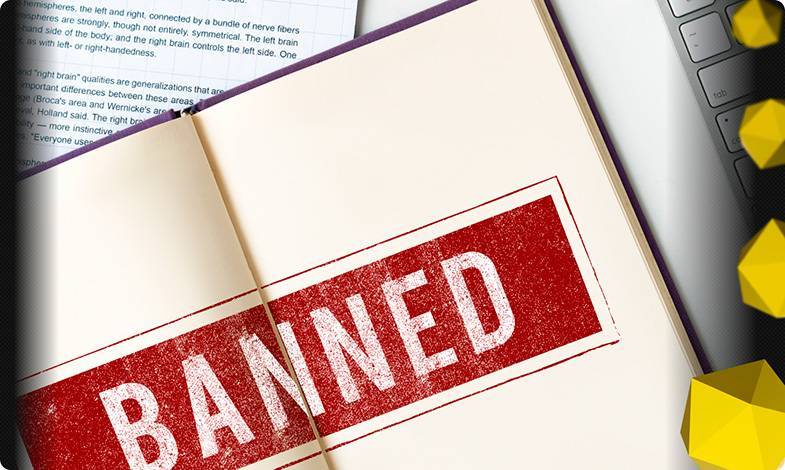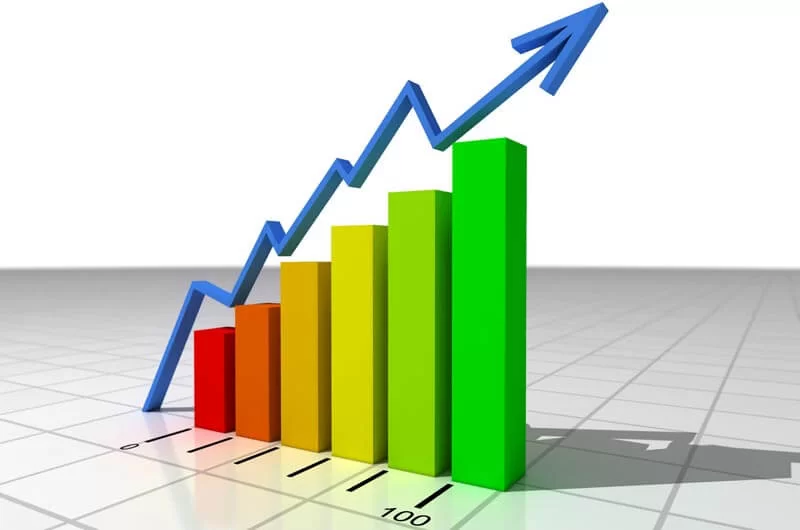Content of the article

Visitor figures and site positions in search engines change quite often, and constant monitoring is necessary to detect them. The reasons can be both the updating of search algorithms and the introduction of sanctions, manual or automatic. The result of the introduction of filters can be a sharp decrease in visits and deterioration of positions, as well as a lack of growth in search results. Penalty notices may, but do not necessarily, appear in Google Search Console under Security Issues and Manual Actions.

Next, we will consider what manipulations can lead to the introduction of Google sanctions and ways to correct the situation.
Penguin
“Penguin” is designed to clean the output from sites that use low-quality, spammy links. The reason may be:
- buying SEO links;
- sharp increase in reference mass;
- excessive use of keywords in anchors;
- non-thematic, low-quality or spammed donors;
- uneven distribution of links to site pages;
- hidden, broken links.
It is necessary to analyze the link profile, identify broken links, and links from low-quality and spam donors – use the service Ahrefs. To correct or remove such links, contact the administrators of the sites, or “reject” the links using a special tool Google.
Panda
“Panda” screens out low-quality sites. What are they used for:
- stolen, duplicated content;
- low value of information for users;
- excessive number of keywords;
- problems with functionality, poor behavioral indicators;
- SEO links;
- a large number of advertisements that do not correspond to the site’s topic.
To fix, analyze the relevance, spamming and uniqueness of the texts and media content of the pages that lost positions. Check the quality of outgoing links and materials left by site visitors – you need to set up moderation to filter out irrelevant and questionable messages or links. Identified problems must be eliminated immediately, or indexing of such pages in search engines should be closed until they are corrected using directives in the robots.txt file or the robots.txt meta tag and the noindex attribute.
Sandbox
The “Sandbox” filter is designed so that sites that deserve trust and authority and have passed the test of time get into the issue. In most cases, they are used for sites with a small (up to 6 months) site and domain age. With the introduction of sanctions, the following is observed: slow indexing of pages, lack of growth in positions for high and medium frequency search queries. To fix, you need:
- receiving links from authoritative resources;
- website promotion in social networks;
- promotion of low-frequency requests;
- regular updating of content;
- site development;
- work on improving behavioral factors.
There is also an option to purchase an “old” domain with a theme suitable for you and with a preliminary check of its history.
Filter -30
Sites that use “black” methods of search promotion are punished by falling below the 30th position:
- SEO links, PBN network;
- hidden redirects.
- cloaking;
- doors;
These methods should be removed and not used. If the violation is not eliminated in time, the site may be banned.
Page load time
Sanctions are applied to sites with low loading speed, which can be checked using Google’s PageSpeed Insights service. For a solution, try applying:
- reducing the size of pages;
- removal of effects that slow down the site loading speed;
- solving hosting problems.
Co-Citation Linking Filter
The filter is intended for resources that have a large share (from 30-40%) of links from distant from your topic or from spammy, non-trustworthy donors. Remedial measures are similar to the Penguin filter. If you suspect that competitors are buying spam links, notify Google Support.
Supplemental results
The filter is used for low-quality website pages:
- low-quality content;
- insufficient page weight;
- technical errors;
- no backlinks to the document.
To detect sanctions, check the number of pages in the index (site:site-name) and their number in the main index (site:site-name/&). The difference is the number of pages in “additional results”. To fix:
- create quality, unique content;
- receive incoming links from trusted resources to problematic pages;
- use Sitemaps;
- fix technical errors.
Broken Links
The filter is applied to sites that have a large number of 404 links. Such links should be removed or fixed by identifying them using Google Search Console, Screaming Frog SEO Spider
Duplicate Content
This filter applies to sites that use non-unique content. Analyze site pages for stolen content using special tools. If this is found in the pages requested in the output, a filter is applied. To know the sanctions, you need:
- creation of unique useful materials;
- adding links to the source of information;
- removal of duplicate content;
- closing from indexing duplicate pages.
Too Many Links at Once
This filter penalizes sites that have a so-called “link explosion”, namely:
- an excessive number of external links placed in a short period of time;
- presence of anchors in links.
To fix:
- remove purchase links;
- will reject spam links using the tool in Search Console;
- provide a gradual build-up of link mass, especially for young sites.
Pirate (Google Pirate)
The “Pirate” filter recognizes sites with pirated content, i.e., copyright infringements detected through the DMCA, which are reported in Google Search Console. To get out of sanctions, ensure:
- provision of licensed content to users;
- appeal of rights holders’ complaints in case of mistakenly falling under the filter;
- removal of pirated content.
Google Bombing
The Bombing filter is applied to external links with the same text, that is, to a mass increase in links with the same anchor. Analyze the keywords that link to you. If there are many direct occurrences of the anchor in a short period of time when positions are falling, this filter has worked. To know the sanctions, you need:
- removal of some problematic links;
- adding links with new anchors;
- submitting a request to re-verify the site in Search Console.
Mobile-Friendly
This filter is responsible for demoting sites that do not have a mobile version or responsive layout, lack of content adaptation for mobile devices or slow mobile page loading speed. To fix it, do:
- checking the optimization of pages for mobile devices in Search Console;
- structuring content for correct display on mobile devices.
If you suspect that your site has been sanctioned or have questions about search engine filters, leave a request on the site to receive a free consultation from our experts.







 12/12/2022
12/12/2022  2497
2497


